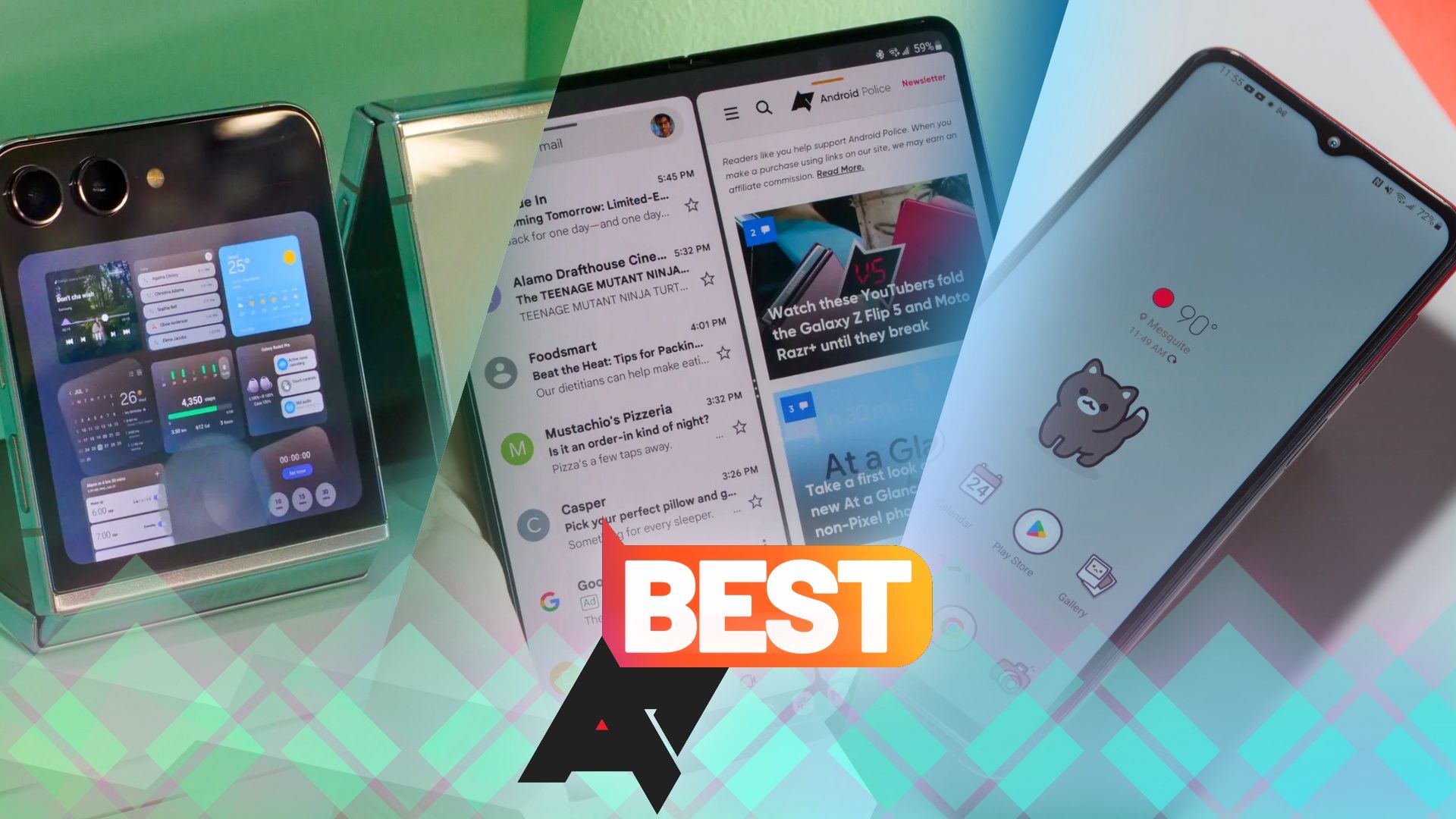For years, Samsung smartphones have been the best-selling devices in South Korea, where the company has been based since 1938. However, the iPhone continues to surge in popularity, showing Samsung that its top spot in its home country may not be as solid as you might think.
Even worse, Apple and the iPhone officially outsold Samsung devices around the globe in 2023, breaking a 12-year streak held by the Korean tech firm as the world’s top smartphone seller. So, what’s driving this shift in smartphone popularity? Today, we’ll explore Apple’s edge over Samsung, why the smartphone manufacturer might be slipping, and whether Apple is poised to continue its hot streak.
Samsung vs Apple by the numbers
iPhone sales in Korea are rising, as Apple overtakes Samsung globally
Samsung leading the market share in South Korea feels like a given since the company has been based in the East Asian country for nearly 90 years. Samsung represents 66 percent of the smartphone market share in South Korea, nearly triple that of Apple, which sits at only 29 percent.
Nothing lasts forever, though, and a recent spike in South Korea’s iPhone sales could spell doom for Samsung in the long run. A report from the Korea Herald noted that the iPhone 15 lineup’s sales — including the iPhone 15, iPhone 15 Plus, iPhone 15 Pro, and iPhone 15 Pro Max — have increased substantially in the country, jumping 41.9 percent in the first month since its release in October 2023 compared to the iPhone 14.

Best Samsung phones in 2024
There’s an amazing Samsung phone out there for every size and budget
According to numbers from the International Data Corporation (IDC), Apple is officially the top smartphone seller in the world, surpassing Samsung in 2023 by 8 million units, which is even more troubling for the tech giant. That’s right, while Samsung sold an admittedly impressive 26.6 million units, Apple edged them out with 234.6 million units sold. This now puts Apple at 20.1 percent of the global smartphone market share, while Samsung falls to a close second at 19.4 percent of the market share.
Why is Samsung losing market share?
Apple’s popularity and the expanding Android market
There are plenty of reasons that Samsung could be hemorrhaging users in its home country and beyond. For starters, the Android market is crowded, so it’s harder and harder to stay in the fight as competitors get better and better. Between Huawei gaining popularity in China, Google establishing the value of the Pixel lineup every year, and Xiaomi undercutting on price, the competition is nothing if not stiff. That, combined with the fact that its devices are getting a bit boring with every iteration, means that Samsung is no longer the undeniable option for Android users.
On top of that, the barriers to top-dollar smartphones appear to be lessening, with high-end devices now representing 20% of the global smartphone market. That means that the decidedly expensive iPhone is not viewed as the unattainable tech symbol it was previously.
All that to say, Samsung isn’t doing enough to compete with a company that has proven its worth when it comes to marketing, particularly when Apple is making moves to finally catch up to the Android way of life.
Apple’s acquiescence
Will Apple’s adoption of USB-C and RCS messaging help?
One of the main reasons Apple has overtaken Samsung around the globe may be that the iPhone is finally getting some Android features that users have wanted for years. The boom in the iPhone 15 lineup is at least partially due to the installation of the USB-C charging port, which the company was forced to adopt thanks to an EU decision that requires all devices sold in Europe to enact the standard by fall 2024. Apple is also planning to finally include RCS messaging for texting between Android and iPhone, again forced by the EU.
That’s not all, though. In Korea specifically, carriers have helped Apple to add call recording to the iPhone, a feature that has been available on Samsung devices for years. While it may seem innocuous, the ability to record a call has been incredibly popular with Korean users, and it was cited as a primary reason that many citizens decided to make the switch. Lower prices driven by carrier deals also make iPhones more accessible to users.
Yes, Android devices are almost universally ahead of the iPhone when it comes to features. But with innovation becoming harder and harder to come by, Apple continues to catch up in areas that matter to users. And if Samsung can’t keep ahead, there could be a new top dog in South Korea before long.






